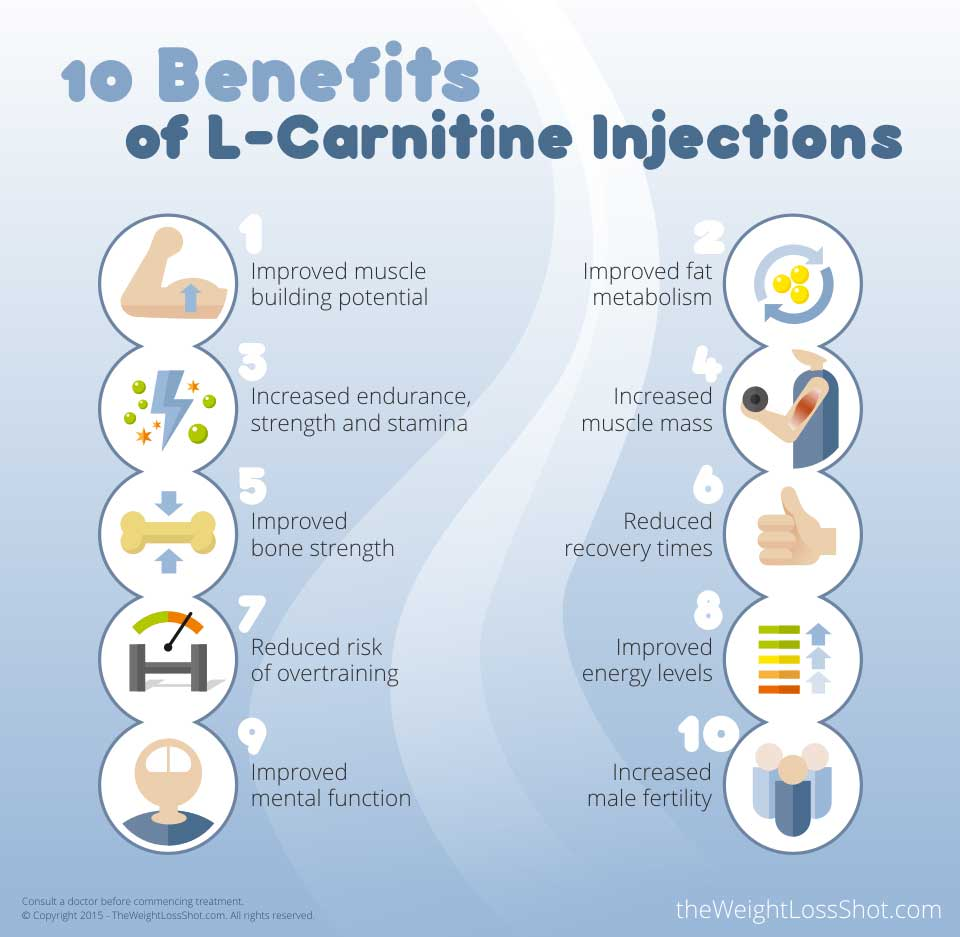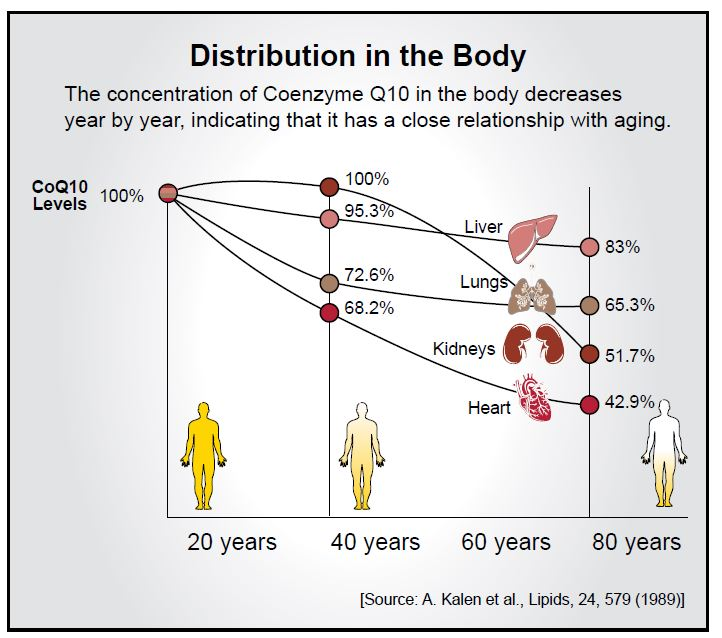Bioenergetic Cardiology & the Awesome Foursome
-
Stephen T. Sinatra (1946 – 2022) was a board-certified cardiologist specializing in integrative medicine. He studied coenzyme Q10 in the prevention and treatment of heart disease. His experience with CoQ10 led him to develop a new branch of cardiology: "metabolic cardiology."
Metabolic cardiology involves preventing and treating cardiovascular disease at the cellular level with nutraceuticals which improve ATP production in heart cells. He wrote, “Bioenergetics is at the Core of Metabolic Cardiology”.
The four nutraceuticals for heart health he referred to as “The Awesome Foursome”:
1. Magnesium:
2. CoQ10: there are two forms one is called ubiquinone and the other is called ubiquinol, ubiquinol is a little more powerful (and expensive), but both work.
3. L-Carnitine: a fatty acid shuttle into mitochondria.
4. D-Ribose: building blocks for your cells energy needs.Dr. Sinatra wrote that these specific nutrients are worth trying to see if they help you feel better and help your heart and other cells to work well. He made a presentation in 2015 describing the impact of these nutraceuticals on heart health. Here is his presentation which is entitled “Healing the Heart”.
On his website he wrote Metabolic-cardiology-Basics.
Dr. Sinatra also authored several books that are available at retailers.
-
-
@DavidPS L carnitine can cause heart attacks due to the pro fatty acid oxidation effect, raises cortisol also. Mildronate used to block l carnitine improves heart failure and CVD.
-
@Razvan said in Bioenergetic Cardiology & the Awesome Foursome:
L carnitine can cause heart attacks due to the pro fatty acid oxidation effect, raises cortisol also.
Thanks, I generally think that dose makes the poison. L-carnitine is part of many healthy diets and may be deficient in elderly with heart issues who do not eat enough meat.
6 Foods High in L-Carnitine That Are Really Good for You
Strangely, the delivery method also matters. Eating foods containing L-carnitine will have a different effect than injecting it.

Conclusion: Compared with placebo or control, L-carnitine is associated with a 27% reduction in all-cause mortality, a 65% reduction in VAs, and a 40% reduction in anginal symptoms in patients experiencing an acute myocardial infarction. Further study with large randomized controlled trials of this inexpensive and safe therapy in the modern era is warranted.
-
Didn't Dr. Peat always recommend the cheaper ubiquinone, original CoQ10? I am trying to find the reference.
-
@Sunniva said in Bioenergetic Cardiology & the Awesome Foursome:
ubiquinone, original CoQ10
User: which is healthier ubiquinone or ubiquinonol
Peatbot.com: The context provided does not specifically address the health differences between ubiquinone and ubiquinol. However, it does discuss the role of ubiquinone in mitochondrial respiration and its interaction with other compounds like vitamin E. Ubiquinone is a part of the electron transport chain and is involved in preventing the formation of toxic free radicals by stabilizing electron leakage.
Ubiquinol is the reduced form of ubiquinone and is often marketed as a more potent antioxidant. The context does not provide a direct comparison between the two in terms of health benefits. Therefore, based on the provided information, I cannot definitively say which is healthier.
-
 D DavidPS referenced this topic on
D DavidPS referenced this topic on
-
-
@DavidPS said in Bioenergetic Cardiology & the Awesome Foursome:
D-Ribose
Very interesting, thanks for sharing.
I have been taking magnesium and coq10 for quite some time now.
L-Carnitine however makes me very stressed

 ️
️D-Ribose was absolutely shockingly amazing when I first took it, however subsequent days of trying it did nothing, in fact if I remember correctly it also caused a stress response.
Anyone else had positive/negative reactions to L-Carnitine and/or D-Ribose?
-
@Ismail said in Bioenergetic Cardiology & the Awesome Foursome:
Anyone else had positive/negative reactions to L-Carnitine and/or D-Ribose?
I always felt bad after L-Carnitine. Bioenergetics helped me to understand why:
After L-carnitine, serotonin increased (8-fold in CFS, Sig. = 0.002, 6-fold in hypothyroidism, Sig. < 0.001) whereas fatigue decreased (2-fold in both CFS and hypothyroidism, Sig. = 0.002 for CFS, Sig. < 0.001 for hypothyroidism)
-
@Kvirion Thank you, makes sense now! Always read that Dr Peat didn't recommend it, but could never tell if the message was verbatim or stretched version of the truth, and I myself didn't quite understand the mechanisms behind why it was affecting me negatively. Appreciate your post.
-
@Ismail You're welcome

